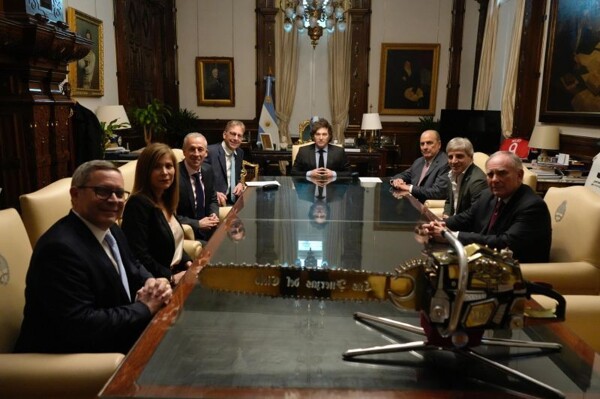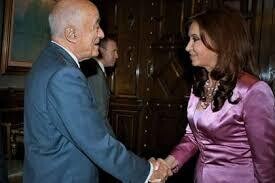
According to Guillermo Mondino, an economist and professor at Columbia University in the United States, it is crucial for the Government to clearly define its intentions and direction for the next three years. Greater exchange rate flexibility is one of the current demands, which could imply a more competitive exchange rate. The Argentine economy, as an emerging economy, needs to adapt to the changing global landscape, which requires adjustments in its economic program, including exchange rate flexibility.
In this context, the Government must also review its monetary framework, and it is expected that the new program with the International Monetary Fund will help provide greater flexibility on various fronts. The current economic uncertainty and the exchange rate pressure generated by global changes pose additional challenges for the Argentine economy.
Mondino highlights the importance of the Government demonstrating credibility and transparency in its economic policy, as well as the need to establish a clear path for future structural reforms. The lack of clarity regarding the exchange rate, monetary, and fiscal framework generates uncertainty in the markets and among economic agents.
Regarding the program with the International Monetary Fund, it is expected to provide clarity on the current economic situation and define guidelines for future reforms. The modification of the exchange rate and monetary regime is seen as a necessary measure to adapt to the changing global circumstances.
Concerning monetary and fiscal policy, there is a need to introduce a credible fiscal anchor that allows greater flexibility in the exchange rate regime without causing significant inflationary impacts. Stabilizing the Argentine economy requires concrete measures that provide stability and funding for sustainable growth.
In conclusion, Mondino suggests that the Government must act more urgently in modifying its exchange rate and monetary regime, adapting to the new global conditions to ensure future economic stability.














